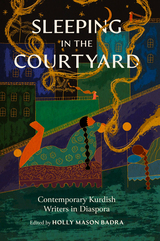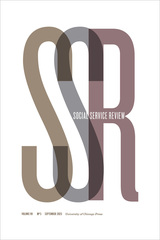
Contributors. Joel Beinin, Lisa Brock, Horace Campbell, Duane J. Corpis, Belinda Davis, Allen Feldman, Ian Christopher Fletcher, Van Gosse, Joy James, J. Angus Johnston, Amy Kaplan, Thomas Miller Klubock, R. J. Lambrose, Jesse Lemisch, Deborah Levenson, Walter Benn Michaels, Donnacha Ó Beacháin, Deborah Poole, Vijay Prashad, David Prochaska, Gerardo Rénique, Cedric J. Robinson, Nikhil Pal Singh, Stephanie J. Smith, Akinyele O. Umoja, Verónica Valdivia Ortiz de Zárate, Jon Wiener, Marilyn B. Young, Joseba Zulaika

The essays, interviews, and reviews in this special issue of Radical History Review represent the best of the new of this very old tradition of transnational black studies. One contributor explores how “racial citizenship”—the idea of belonging and solidarity across the black world, developed as a result of knowledge formed out of transnational linkages—is employed by Cubans of color fighting against racial discrimination in public spaces in Havana. Another, by outlining a research agenda for the study of African slavery in the Middle East and South Asia, reminds us that the Africa diaspora is global. In a discussion of a paradigm shift from the national to the global, yet another author makes a singular contribution to this collection by locating new spaces for identity formation “in transit.”
Contributors. Martha Biondi, Anthony Bogues, Ashley Dawson, James Early, Mary F. E. Ebeling, Kevin Gaines, Van Gosse, Frank A. Guridy, Joseph E. Harris, Douglas M. Haynes, Joseph Heathcott, Harvey Neptune, Michelle Stephens
READERS
Browse our collection.
PUBLISHERS
See BiblioVault's publisher services.
STUDENT SERVICES
Files for college accessibility offices.
UChicago Accessibility Resources
home | accessibility | search | about | contact us
BiblioVault ® 2001 - 2025
The University of Chicago Press









